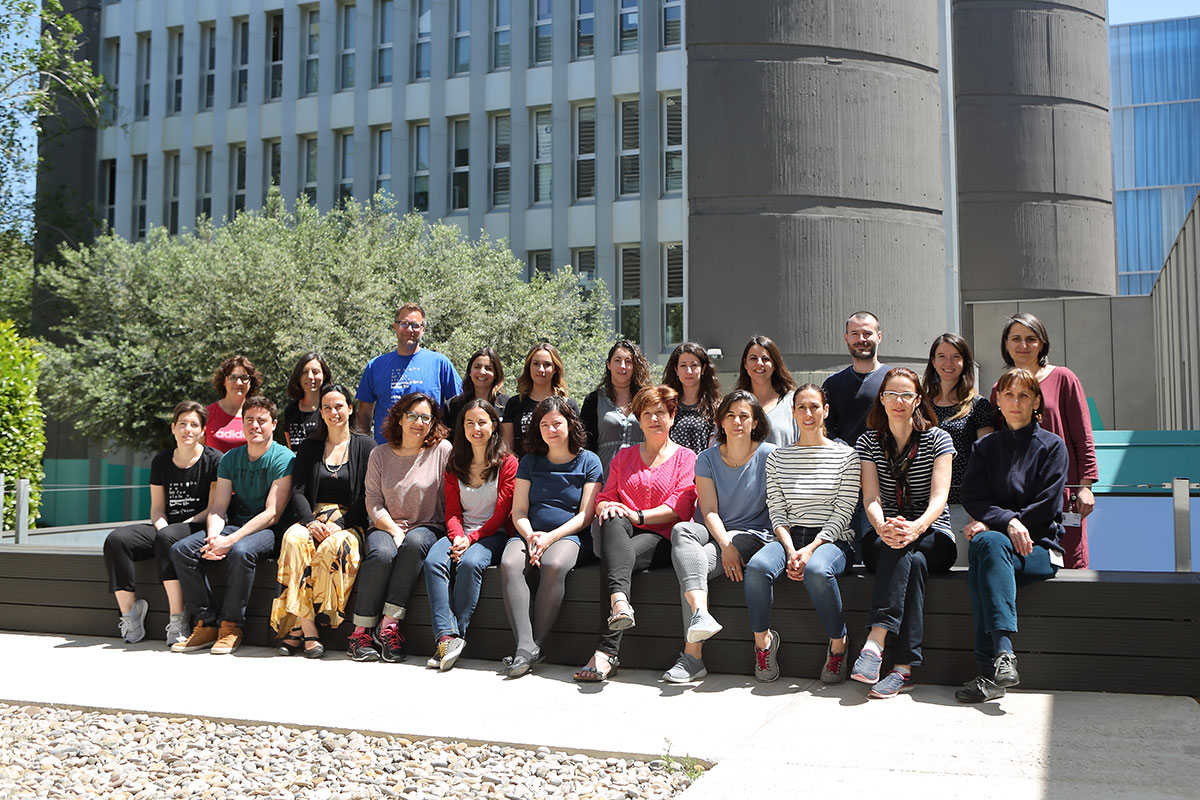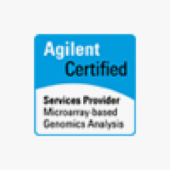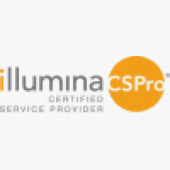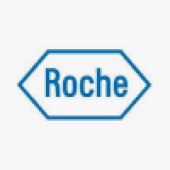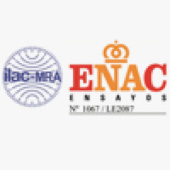HEAD OF THE UNIT: Marta Gut
LABORATORY MANAGERS: Julie Blanc, Katja Kahlem, Lidia Agueda
LABORATORY TECHNICIANS: Marta Lopez, Ana Gonzalez, Pilar Herruzo, Maite Rico, Caterina Mata, Laetitia Casano, Aurora Padron, Yasmina Mirassou, Giulia Lunazzi, Regina Antoni, Nuria Aventin, Ester Bonastre, Carme Fabregat (until july 2018), Caterina Carbonell
SPECIALIZED TECHNICIANS: Javier Gutierrez, Silvia Speroni
QUALITY MANAGER: Lidia Sevilla
SINGLE CELL GENOMICS TEAM
TEAM LEADER: Holger Heyn
POSTDOCTORAL FELLOWS: Catia Moutinho, Gustavo Rodriguez, Giovanni Iacono, Elisabetta Mereu
PhD STUDENTS: Atefeh Lafzi
